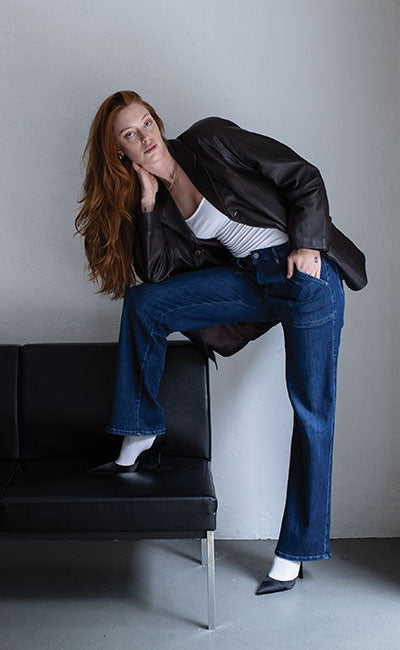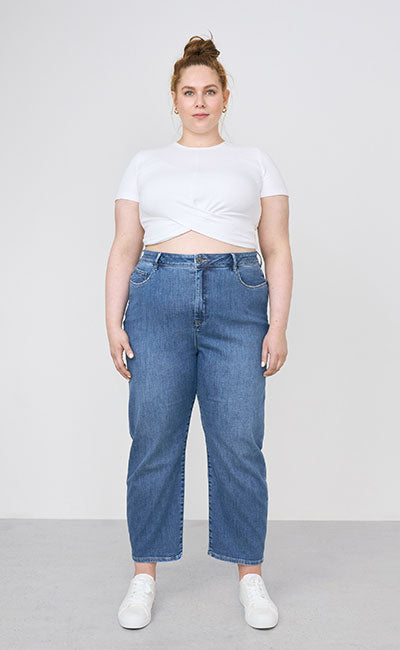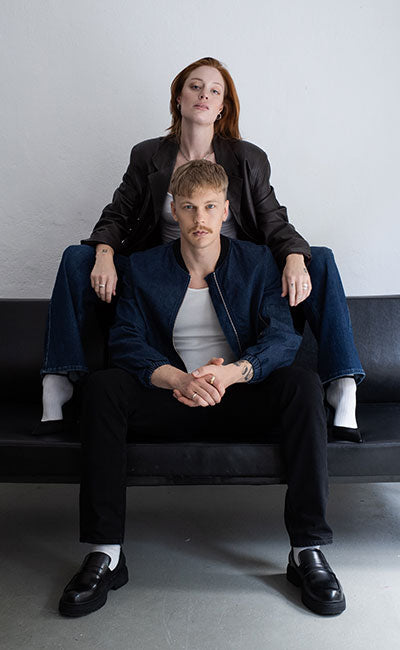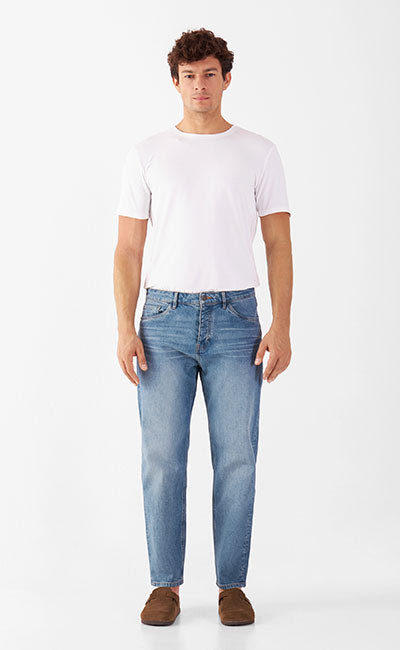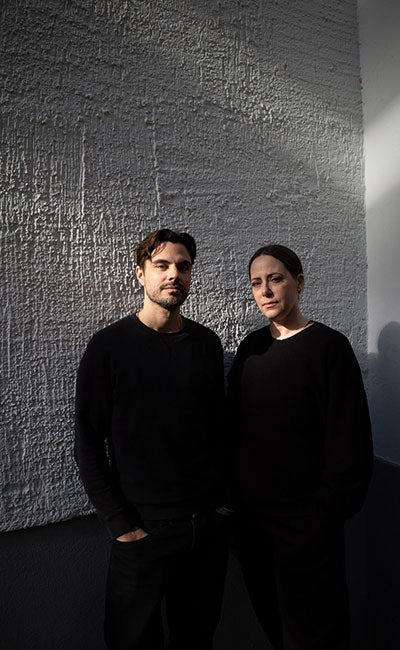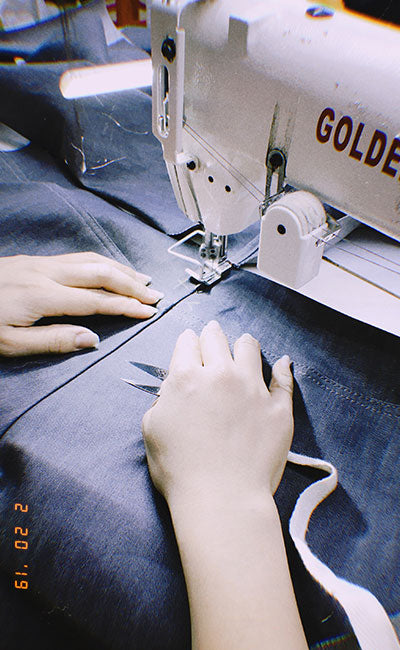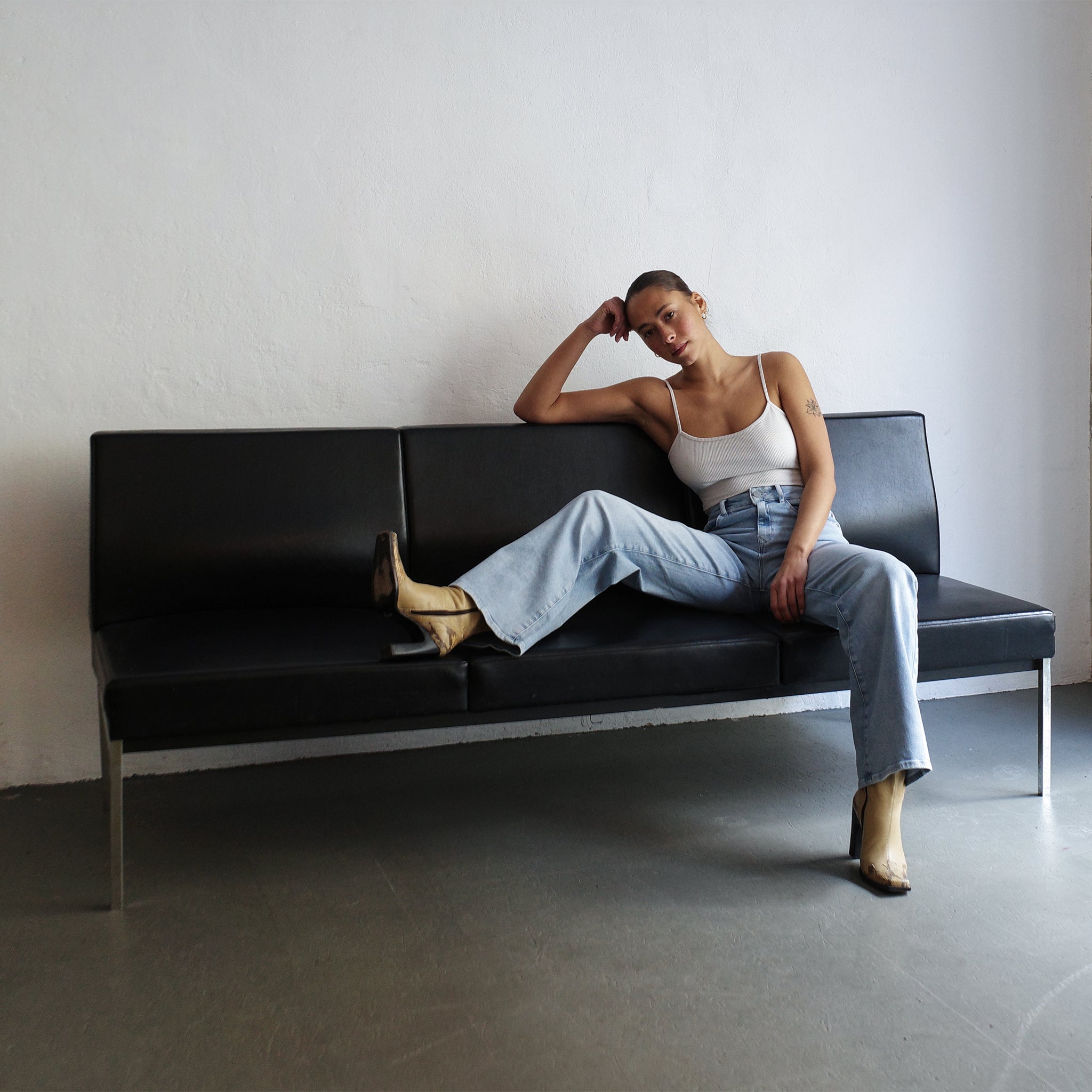If you want to change the world, go out there and get caught trying.
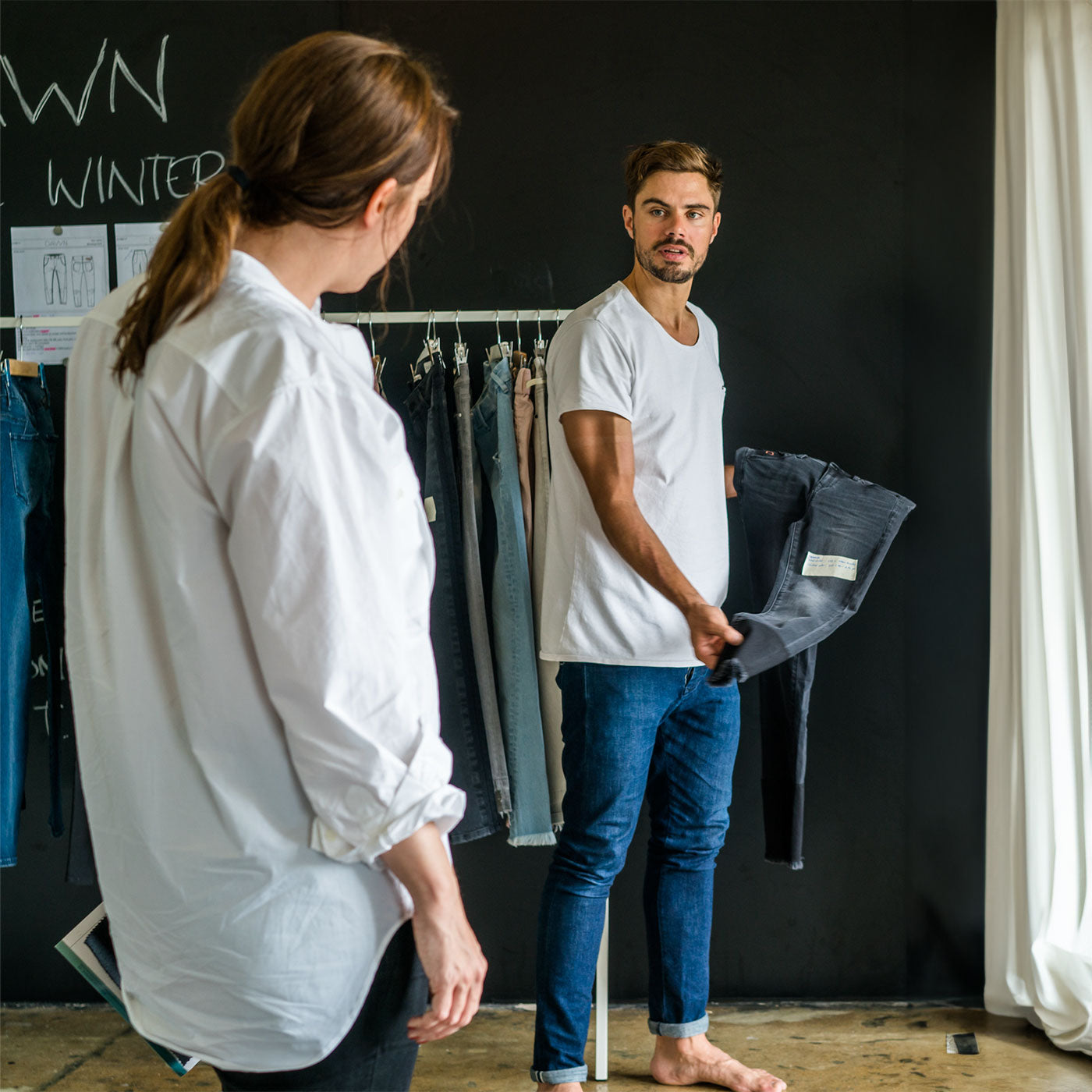
How it started
The name DAWN embodies the belief in a better tomorrow and the mindset of taking the future into our own hands. Founded by Ines, Gabriel, and Marian, DAWN is changing the fashion industry—one pair of jeans at a time.
Our journey began in 2015, and much has changed since then. Naive but enthusiastic, we started this adventure. Owning a factory in Saigon, Vietnam, it seemed logical and almost too simple to start our own brand.
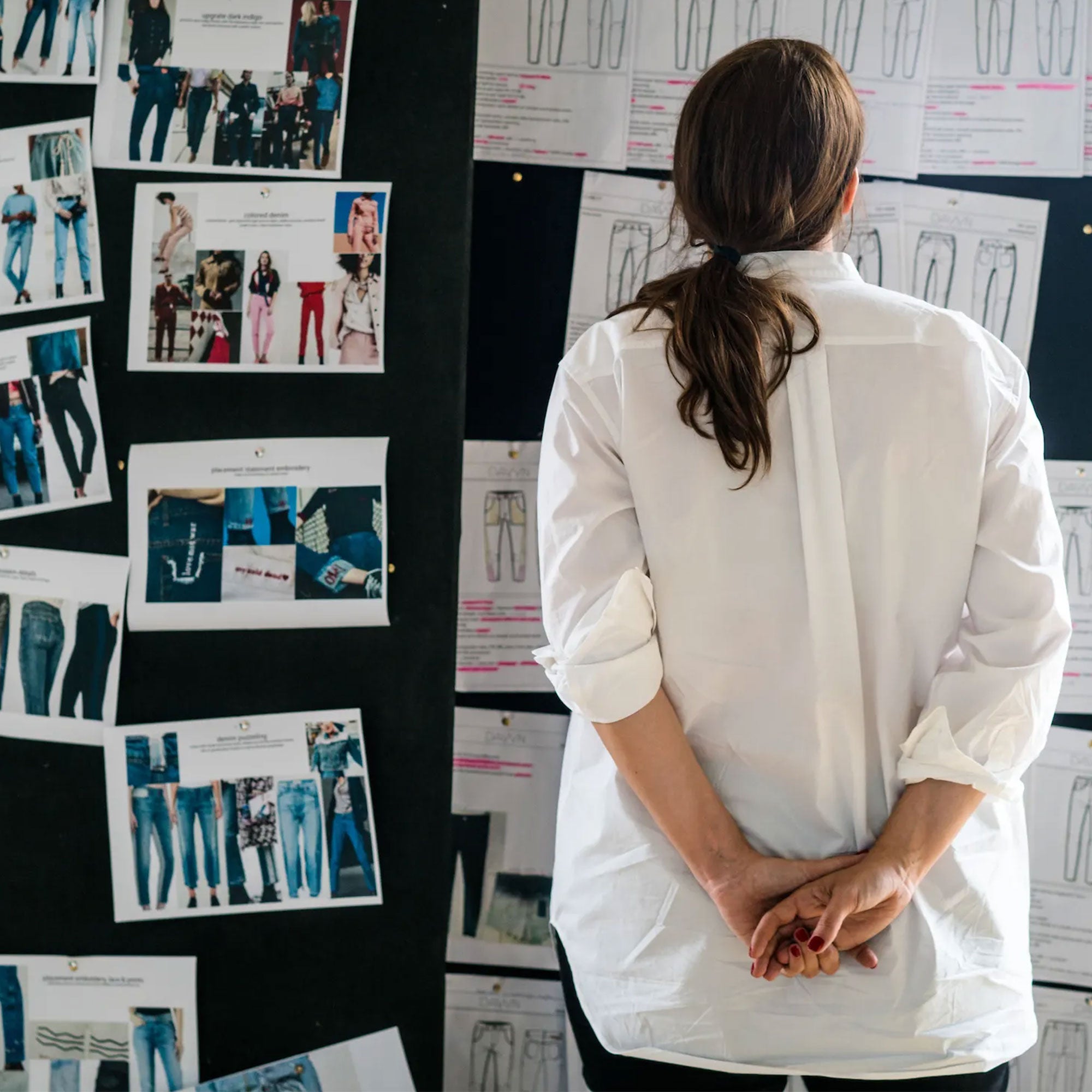
Not smarter but wiser
It turned into a roller coaster of exciting, painful, joyful, and groundbreaking experiences. We are grateful for all of them as they made us who we are today. Not smarter but wiser. We know that we don't know everything and accept that sustainability is a journey—often a bumpy one—but the only one we want to walk together.
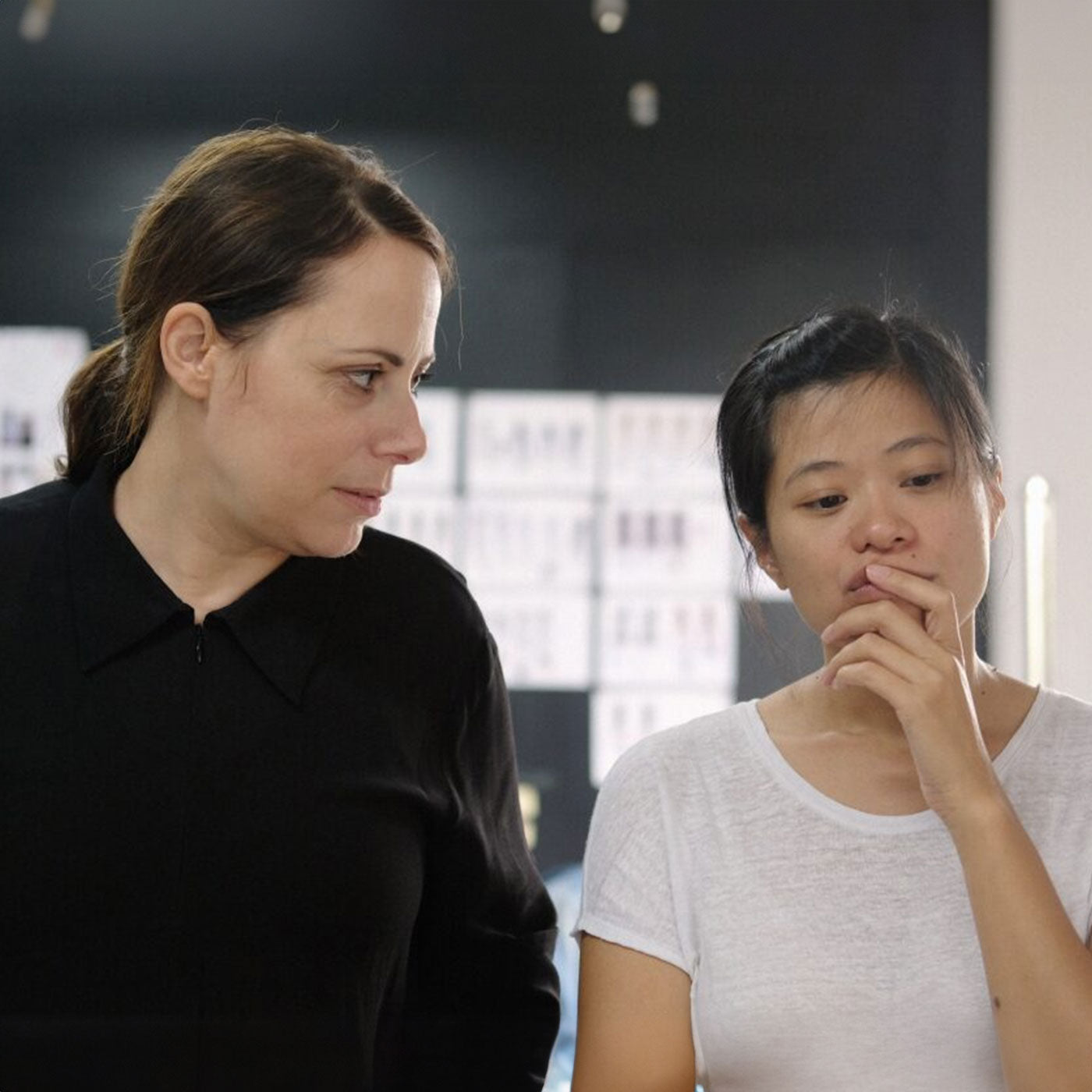
Being part of the change
Having worked in the fashion industry long enough, we knew things needed to change and that change would only be possible with a fresh start. It was never our ambition to take over the market. Instead, we wanted to become a beacon for the fashion industry: proof that companies can do business in a more responsible, environmentally friendly and ethical way, share their successes with everyone involved and produce fair jeans.
For us, this is DAWN, the beginning of a new era that the world urgently needs.
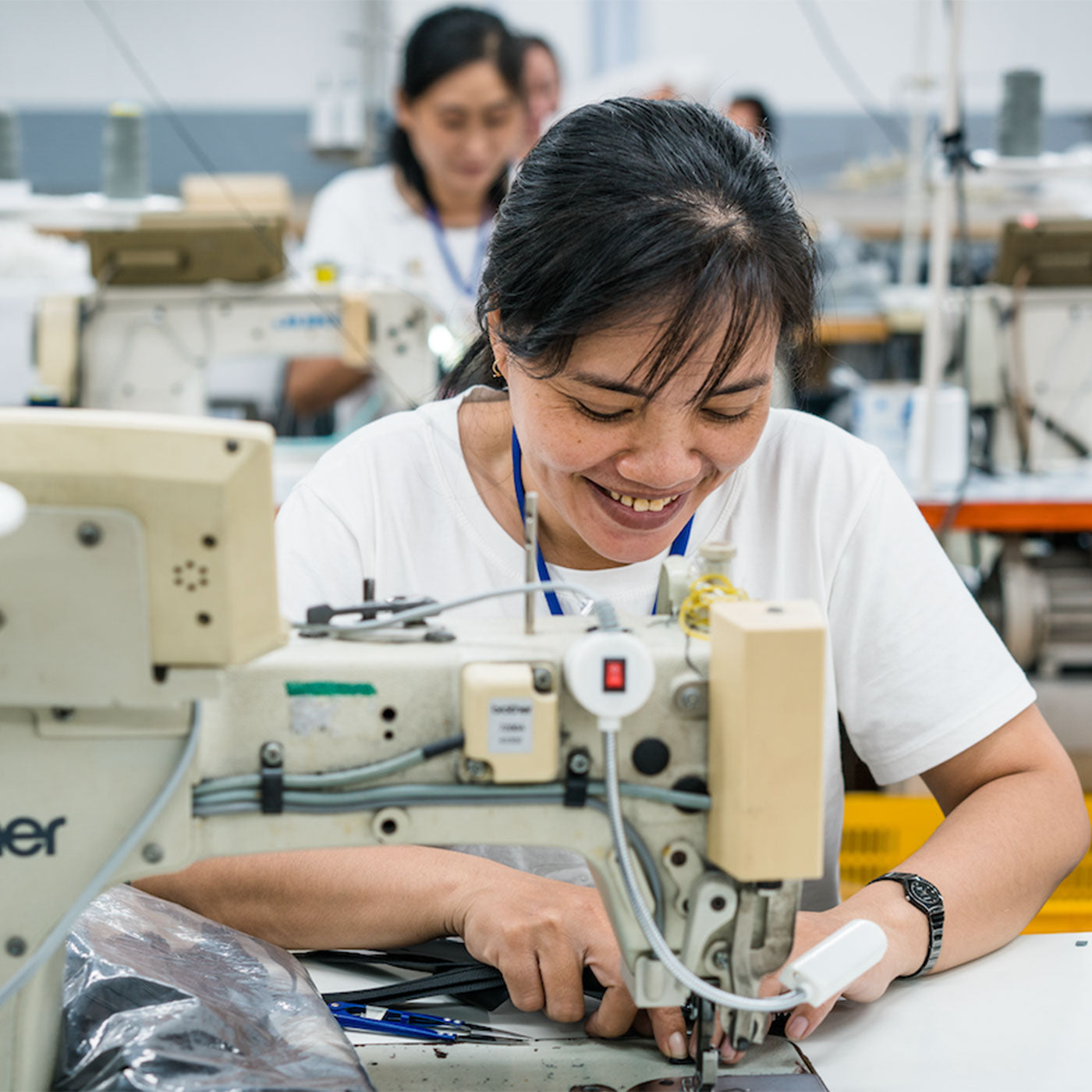
Denim that does good
With the fashion industry employing millions in often unsafe and unfair conditions, the challenge is significant. We strive not only to meet legal standards but to exceed them, ensuring our operations benefit both the environment and our workers.
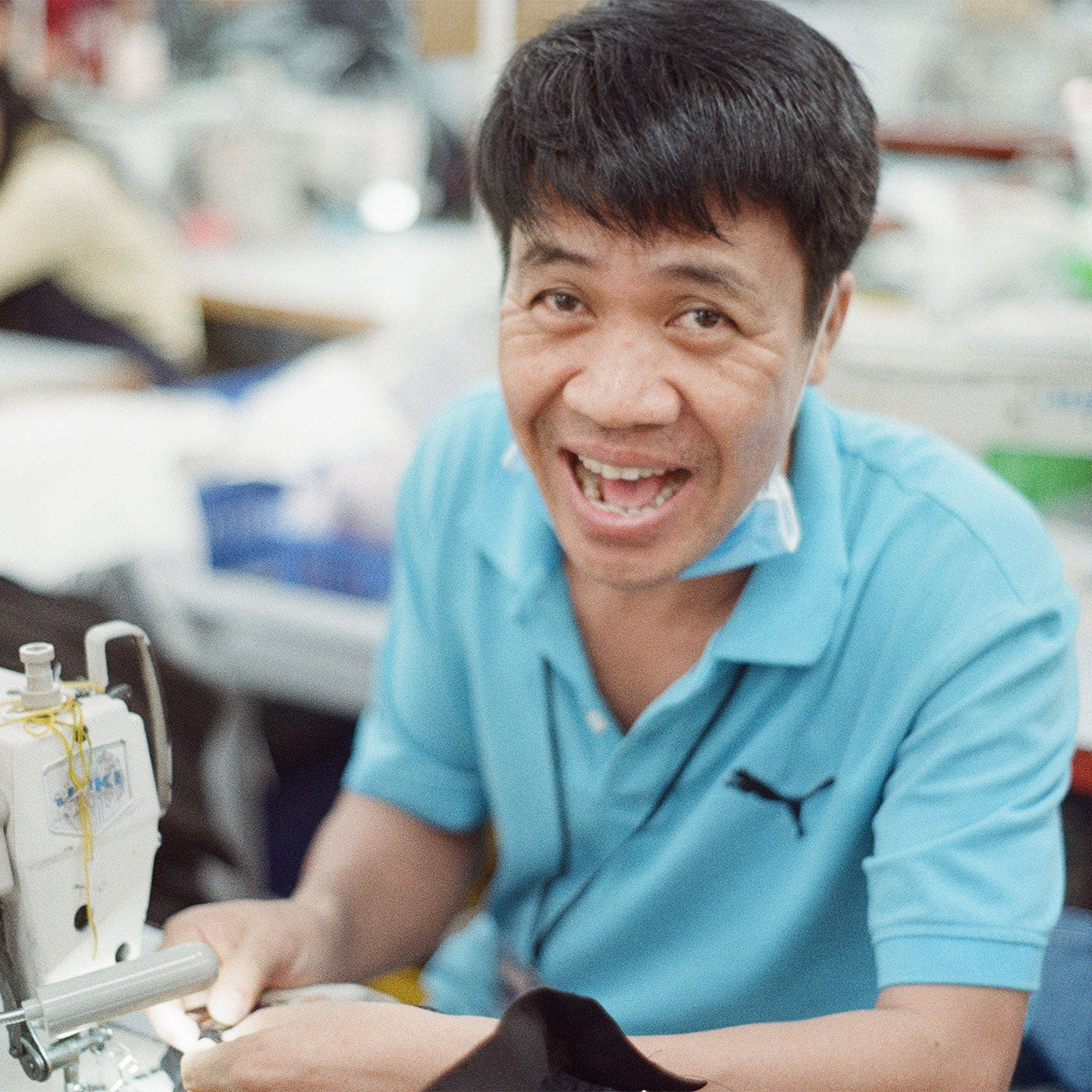
Our initiatives and projects
Through our initiatives and projects, we aim to offer you denim that doesn’t just look good but does good. Founded on the idea of forging a closer connection between consumers and garment makers, DAWN was created with the goal of transforming the fashion industry into a more responsible and transparent space.
Our mission is to prove our business model—a balanced approach to people, planet, and profit. We want to inspire!

Finding the balance
For us, sustainability is the perfect balance of the 3 P's:
People: We treat and pay everyone fairly and with respect.
Planet: Our goal is to do no harm to the planet.
Profit: We are a profitable company, independent of investors.
The greater the overlap, the more sustainable we will be.
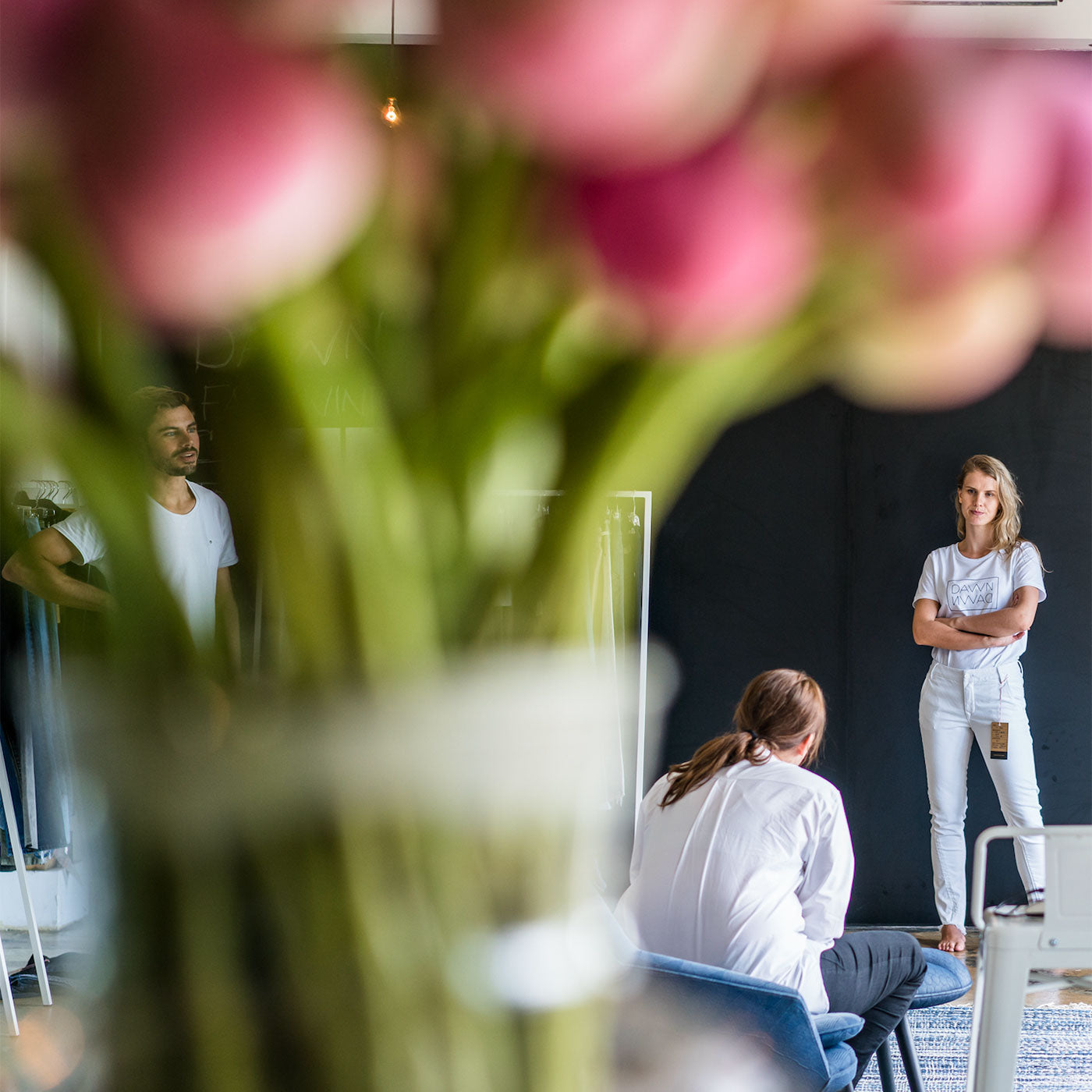
We rise to the challenges
Since DAWN's foundation, progress has not always been smooth. Sometimes, we have even lost momentum. This industry is tough. Our best efforts and initiatives are routinely overshadowed by the large-scale and slick marketing campaigns of our bigger competitors. Supposedly sustainable collections are booming, as is the certification industry. Hence, we fight not only for credibility but also for transparency. In addition to communication challenges, we must overcome economic barriers.
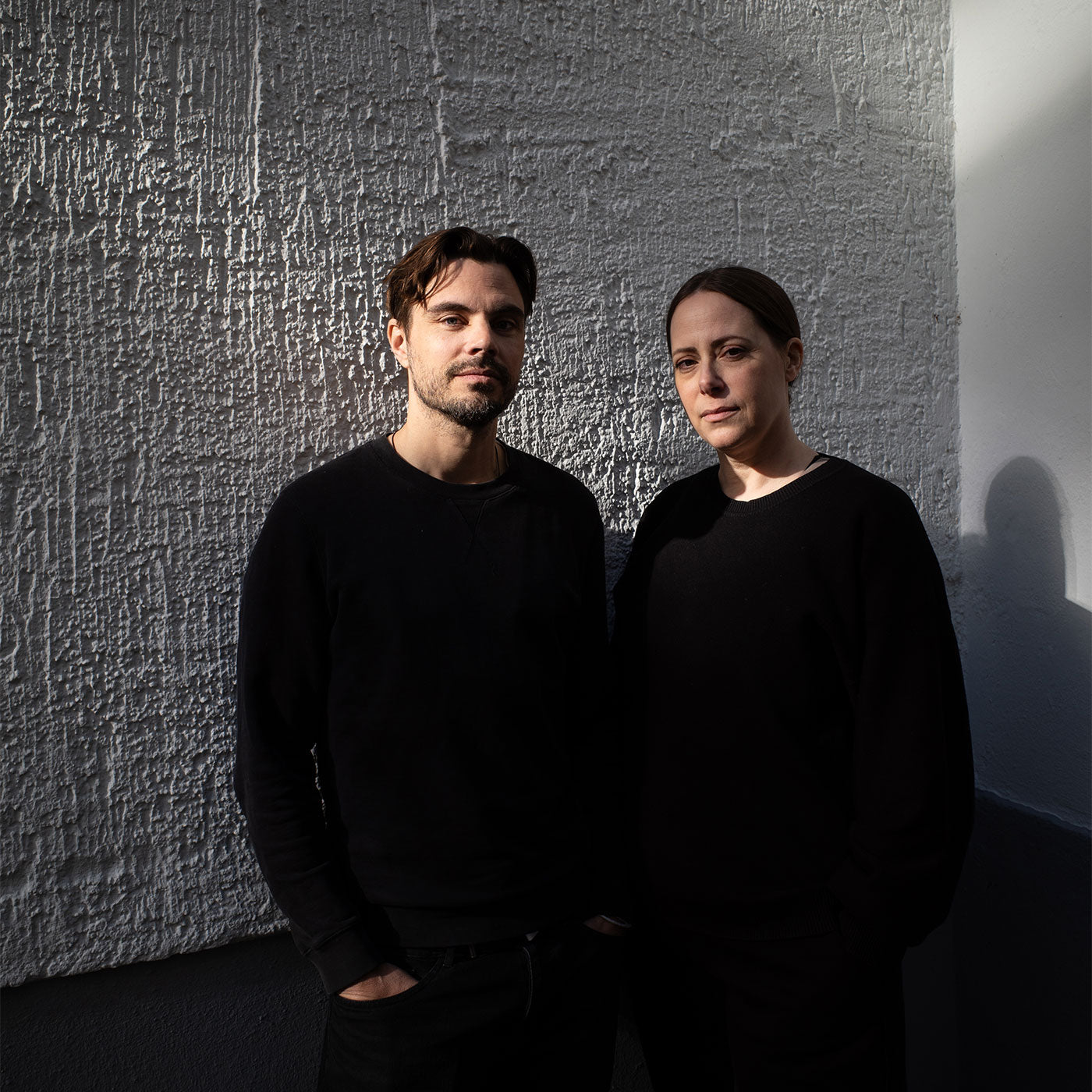
Want to get in touch and share your ideas?
It was not courage but rather naivety that moved us to found DAWN. We could not have imagined back then how complex it would prove to be. That was probably a good thing!
We are profoundly grateful to all those who support us and choose to accompany us on our journey. Thank you for staying with us this far. We look forward to the challenges ahead and to continuing on this path with you.
Ines and Marian
